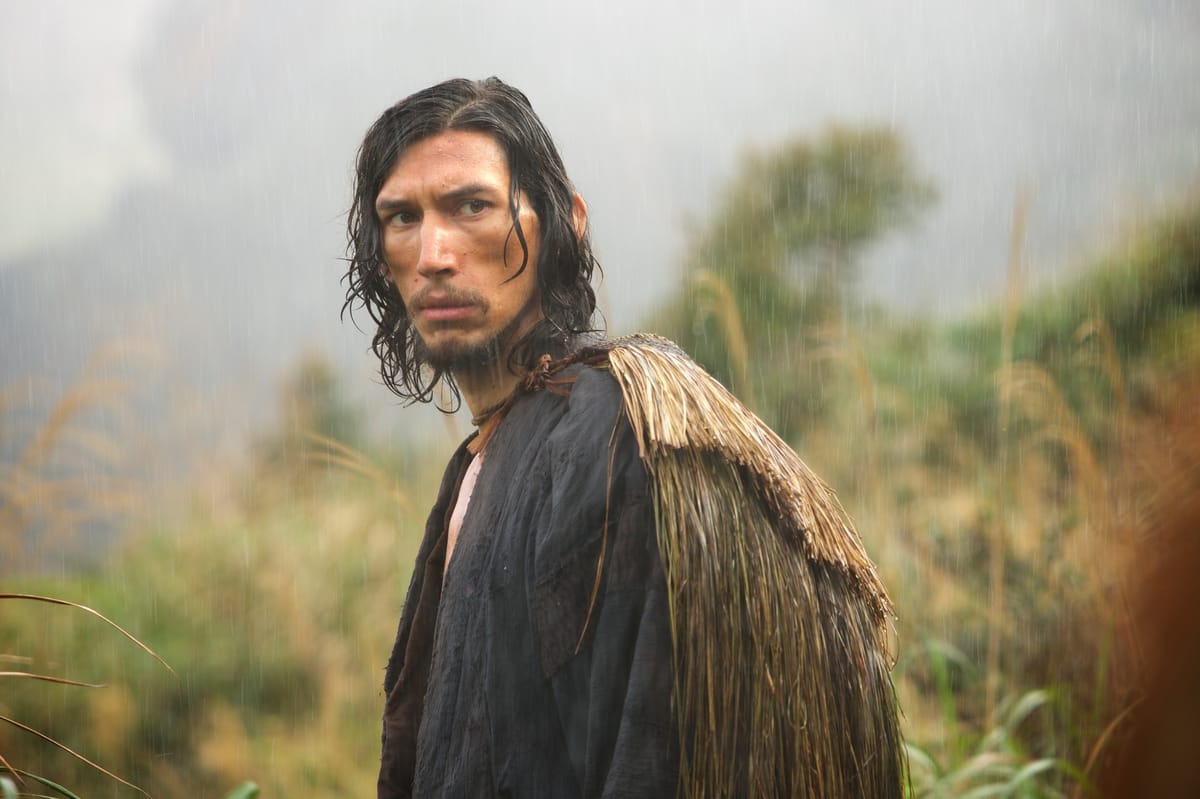Silent Faith: Scorsese's Paradox

What can be said about a film in which two Catholic priests and their persecuted followers suffer endlessly?
Martin Scorsese is undoubtedly a believer, because amongst his glamorous repertoire of box-office-success gangster films, are a handful of standalone Jesus flicks.
Writing that last line almost feels insulting - but so does my entire lifestyle when held up to the unparalleled devotion demonstrated on screen.
How much torture can a poor Japanese peasant withstand while armed only with the promise of eternal salvation?
Apparently a lot.
But in the pious pleb's defense: what if it were true? That no matter how many times you've sinned, blasphemed, or even betrayed your kin, you can still be forgiven, still be accepted into the Kingdom of Heaven?
Silence challenges us all to seek God's ever-present grace in the monotonous space that surrounds our everyday doubt.
A message, put plainly, aimed at inspiring even the least spiritually inclined, that faith can move mountains.
For those who, like me, may have missed a couple history classes, Scorsese reminds us that, despite its peaceful reputation, even Buddhism's adherents weren't exempt from persecuting non-believers.
The ban on Christianity in 17th century Edo Japan was as brutal as they come, violently squashing any sign or symbol of 'Deus'.
We may never know (at least while on this earth), whether those who practiced in silence ever reached Paradise, but we do know that they lived in constant fear and terror, forced to publicly condemn their Lord.
If you're not at all theologically curious, this title may present itself as an apologetic slog. Although, if you posses but an ember of belief, this labor of love could be the spark that rekindles the flame.